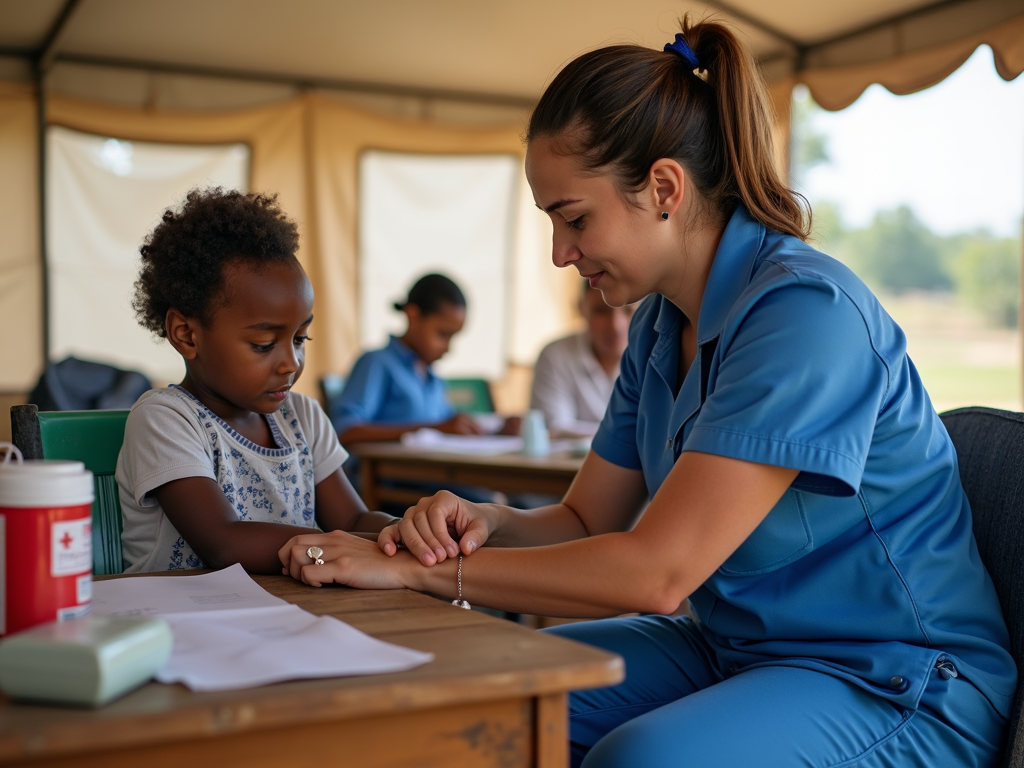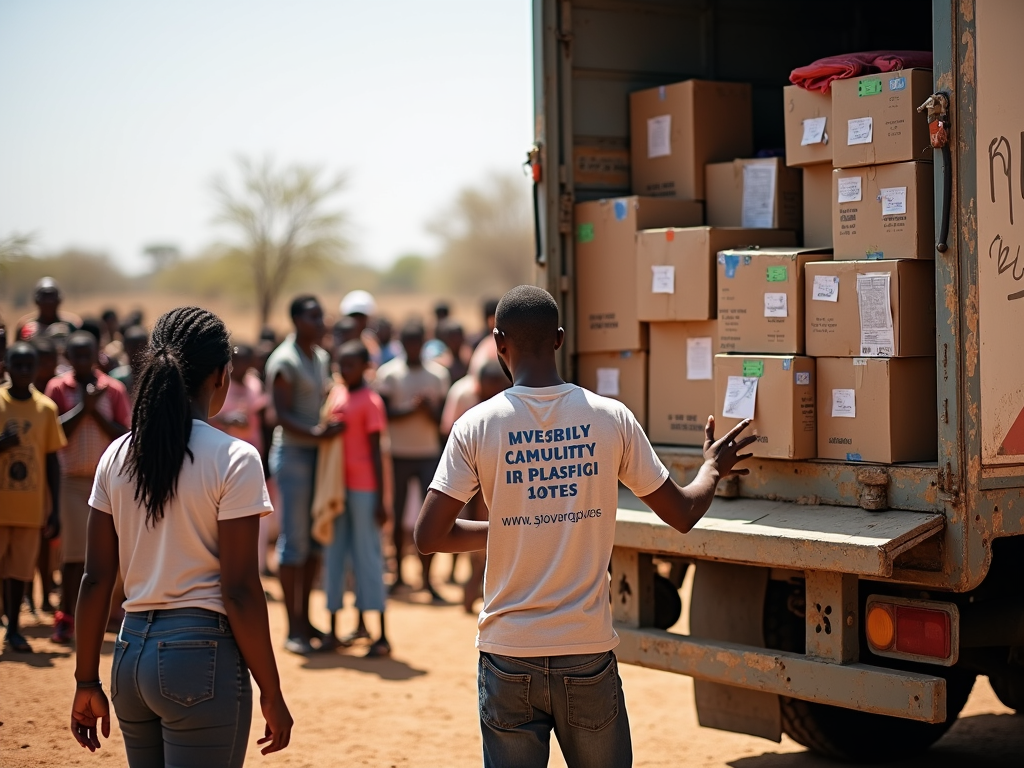Making a Global Impact: International Volunteering for Healthcare Professionals
By , March 18, 2025
Overview
International volunteering for healthcare professionals offers a chance to make a difference worldwide. This article covers why to volunteer, types of opportunities, benefits, challenges, and how to start. Learn how your skills can help communities in need.

Why Volunteer Internationally?
Healthcare professionals often want to help people who lack medical care. International volunteering lets them reach beyond their own towns and cities. You can bring hope to places where doctors and nurses are scarce.
Volunteering abroad also teaches you new things. You see how healthcare works in other countries. This can make you a better doctor, nurse, or therapist. Plus, you get to know people from different cultures, which builds understanding and friendship.
Another big reason is personal growth. When you volunteer in a new place, you face tough situations. These challenges help you grow stronger and more confident. For example, working with limited tools can make you more creative in solving problems.

Types of Volunteer Opportunities
Many groups offer international volunteering for healthcare professionals. Here are some examples:
- Doctors Without Borders: They send teams to emergencies like wars or earthquakes.
- Project HOPE: They teach health skills and help after disasters.
- Health Volunteers Overseas: They need specialists for places with few resources.
Smaller groups might focus on one area, like kids’ health or fighting diseases like malaria.
You can choose short trips, like two weeks, or stay for months. Some programs want experienced workers, but others train you. No matter your skill, there’s a volunteer spot for you.

Benefits of International Volunteering
Volunteering abroad does more than help others—it helps you too. Here’s how:
- Better Skills: You learn to handle new health problems and treatments.
- Understanding Cultures: You get better at working with all kinds of people.
- New Friends: You meet other volunteers and local workers.
- Feeling Good: Helping others makes you proud and happy.
Take Dr. Sarah, a dentist I met. She volunteered in Peru and learned to fix teeth with basic tools. Back home, she now handles tough cases with ease. That’s the power of international volunteering.

Challenges and How to Overcome Them
Volunteering isn’t always easy. Language can be a problem if you don’t speak the local words. Try learning simple phrases or use a translator app. It shows respect and helps you connect.
Cultural differences matter too. What’s normal for you might not be for them. Be open and ask questions to learn their ways.
Sometimes, you won’t have enough supplies. I’ve seen nurses use clean cloth when bandages ran out. Thinking fast and staying calm can save the day. Safety is another worry—check the area’s risks and follow travel advice.

How to Get Started
Ready to volunteer? Here’s a simple plan:
- Find a Group: Look for ones that fit your skills, like surgery or teaching.
- Check Papers: Update your passport and get any visas or shots.
- Raise Money: Ask friends or use online tools to cover costs.
- Pack Smart: Bring clothes and small medical items you might need.
- Get Ready: Talk to past volunteers to know what to expect.
Start small if you’re nervous. A short trip can show you what it’s like. I once joined a two-week mission in Guatemala. It was hard, but I loved every minute.

Personal Stories
Real experiences show the impact of volunteering. Dr. Maria, a surgeon, told me, 'In Nepal, I operated with headlamps during power cuts. It taught me to adapt.'
Nurse Tom shared, 'In Uganda, kids hugged me after I gave them shots. That warmth stays with you.'
These moments remind us why we volunteer.

Conclusion
International volunteering for healthcare professionals blends purpose and growth. You help where it’s needed most while learning skills and meeting amazing people. Take the first step—research, prepare, and go. Your work can light up lives across the globe.